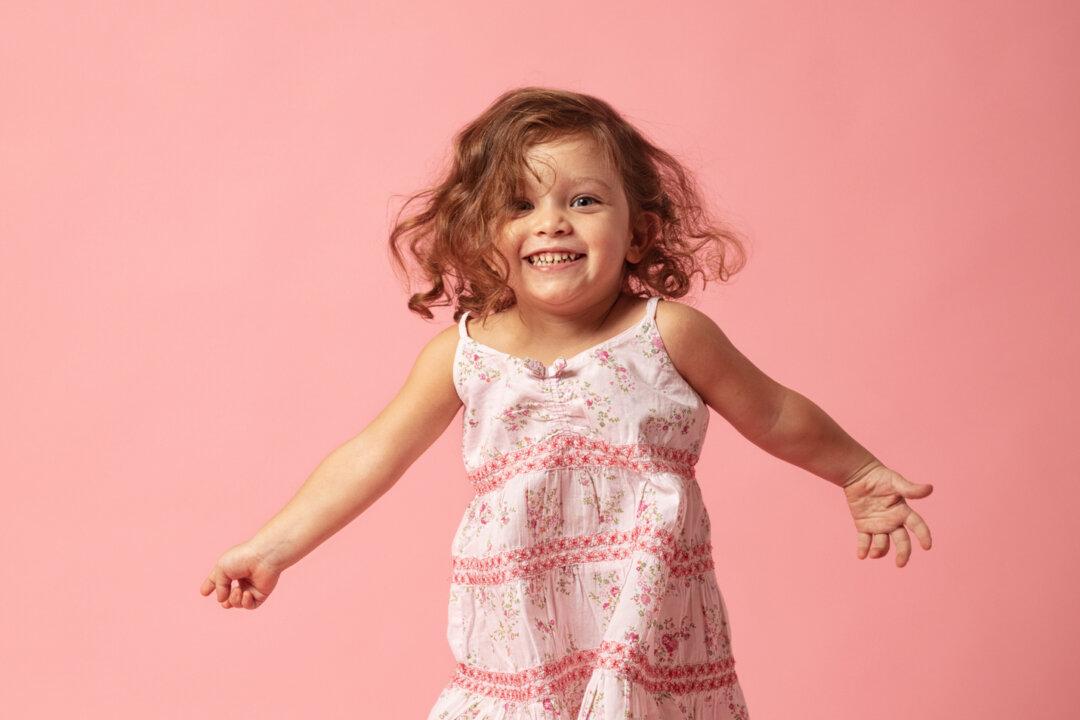That headline has two meanings.
Most parents regard their children as treasures. They love them, care for them, and try to prepare them for adulthood. When the kids are small, Mom and Dad change thousands of diapers, teach them how to walk, and tell them a hundred times, “Don’t talk with food in your mouth.”






